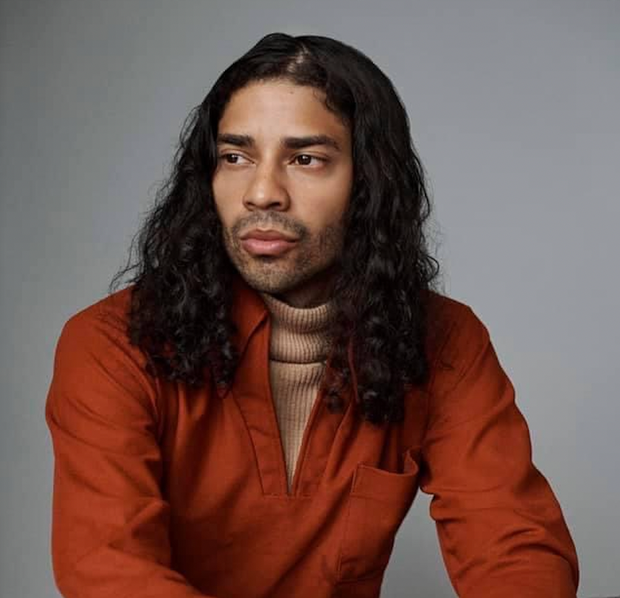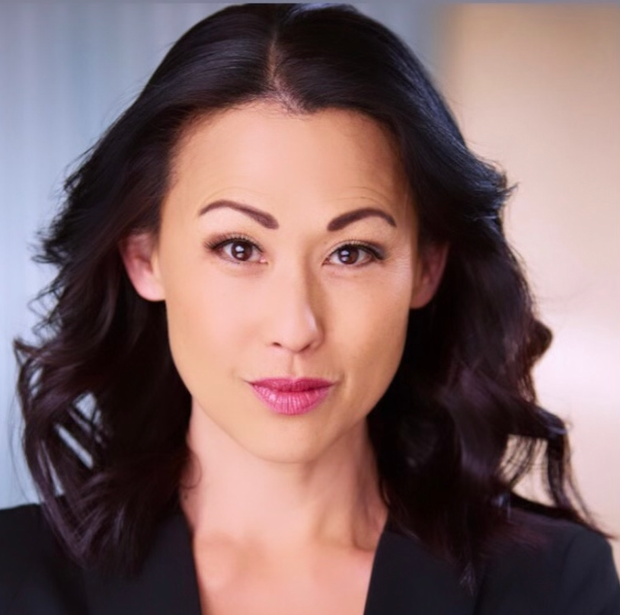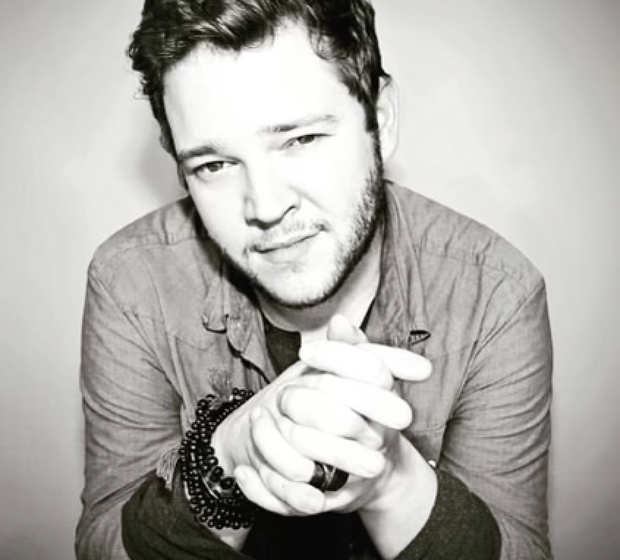The strike that has paralyzed the entertainment industry has drawn outspoken support from some of Hollywood’s biggest stars. Yet the festering issues animating the walkout are far more likely to affect the thousands of ordinary working actors trying to eke out a living in the age of streaming and artificial intelligence.
Far from the glitz often associated with the movie business, many such “journeymen” actors live paycheck to paycheck, struggle to afford health insurance and often have to take on non-acting jobs to pay the bills.
“For most of those years, I’ve had to have a second job and source of income,” Moises Acevedo told CBS MoneyWatch. The New York actor’s credits include the TV shows “Blue Bloods” and “Orange Is the New Black” and a recurring character in “Betty.”
Only in recent years has Acevedo, a member of the Screen Actors Guild – American Federation of Television and Radio Artists — the union leading the actors strike — since 2007, been able to rely exclusively on his income as an actor on shows that have aired on streaming platforms including Netflix and Amazon. But when TV and movie writers staged their own strike in May, Acevedo said he knew his union would follow suit.
“So I went back to the restaurant where I worked years prior, and that’s how I’m living now,” he said, noting that he learned not to rely on the often measly residual checks from productions he’s appeared in to tide him over in between jobs.
Courtesy of Moises Acevedo
$5 check
A sticking point in the negotiations between SAG-AFTRA and Hollywood studios, represented by the Alliance of Motion Picture and Television Producers, is the residual payments actors get for their work in streaming content — long-term compensation for what used to be re-runs on cable television. Streaming services aren’t transparent about viewership numbers, which means actors are often in the dark about whether they’re being paid fairly — or at all — for repeated airings of a show they appear in, Acevedo said.
For guest-starring in an episode of hit Netflix series “Orange Is the New Black,” Acevedo was paid a one-time fee and also earned residuals for overseas streams of the episode. But the residual payments were paltry.
“The most recent check I got was for foreign territories in Europe. It had all these different territories — the UK, Italy — it equalled up to, like, $5. What am I supposed to do with that?” Acevedo said.
As his fellow actors head into the second week of the strike, his biggest demand is for the studios to openly disclose their viewership data so performers can better gauge how fairly they’re being paid.
“It’s that simple. We want to know what people are watching and how many times they’re watching it. From there on, we can get what’s right,” he said.
“We do not make Tom Cruise money”
Veteran actor Nicole Bilderback considers herself lucky compared to many of her peers, noting that she meets the minimum $26,470 annual income threshold to qualify for SAG-AFTRA health insurance. She has worked steadily in the industry for three decades, recently appearing in streaming series “Brooklyn Nine-Nine” and “Cruel Summer” and also in movies such as “Clueless” and “Bring it On” as well as in TV shows “Dawson’s Creek” and “The Fresh Prince of Bel-Air.”
Still, none of her work in movies and TV has made her rich. “I’m a blue-collar, working-class actor. I’m notable and recognizable because I have worked a lot over a 30-year career span, but that doesn’t mean I am well-off and can go months without working. Actors like myself go from paycheck to paycheck,” she told CBS MoneyWatch.
Courtesy of Nicole Bilderback
“The general public has this false sense that if you work a lot, or are a series regular on a hit TV show, that you must be making millions and be well-off. But we do not make Tom Cruise money,” Bilderback added.
Like Acevedo, she’s not counting on residuals to tide her over until SAG-AFTRA reaches an agreement with AMPTP.
Instead, to supplement her income Bilderback recently trained to become a corporate flight attendant on private aircraft.
“I have to take care of myself now that the industry is shut down,” she said. “Pretty much all actors across the board have taken on second jobs or are about to.”
“It doesn’t need to be millions”
Harry Ford, 40, has a supporting role opposite Cate Blanchett in the upcoming film “Borderlands,” and was also a series regular on CBS medical drama series “Code Black.” Ford noted that, even when he’s working and getting paid, he only takes home a fraction of the money.
“We are in one of the few professions where it costs a lot of money to make money. You have to pay 10% to your agent, 10% to your manager — if you have one, 5% if an attorney negotiated the deal, 5% if you have an accountant. You’re automatically paying 30% off the top,” he said. And that’s before taxes.
“There was a time when I was making 31 cents to the dollar,” Ford added.
Courtesy of Harry Ford
Ford said that for him, the union’s message is clear and simple. “We are collectively saying, ‘If you want to continue to make money with our talents and time, we have to be fairly compensated.'”
“It doesn’t need to be millions; I’d just like to pay my phone bill, my electric bill and the insurance for my apartment,” he added.
Meantime, finding work outside of acting has proved challenging. Ford estimates that he’s applied for roughly 100 different administrative positions over the past five months.
“I’ve applied to be a desk agent for an airline, to work for a telecom corporation, to university positions all over country, to work in dispatch for a trucking company,” said Ford, who has a Master of Fine Arts degree from New York University. “But at a certain point, when you have a master’s degree you’re overqualified.”


